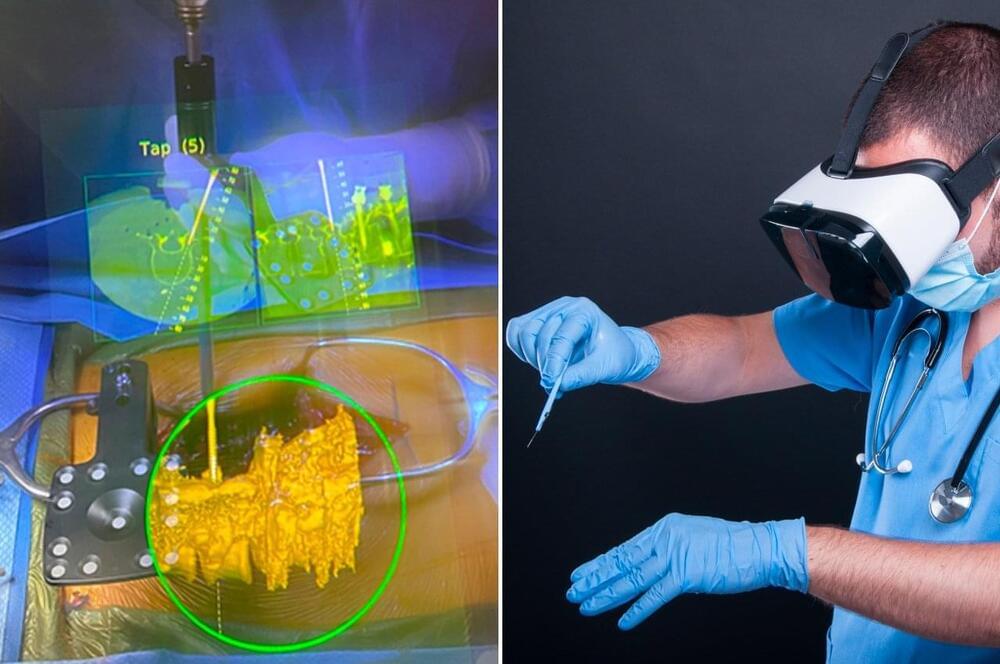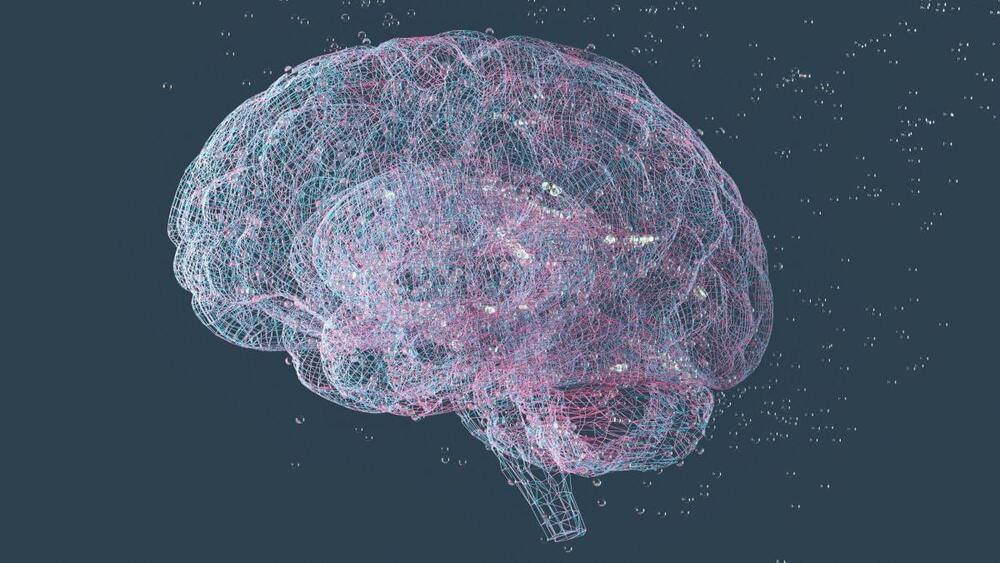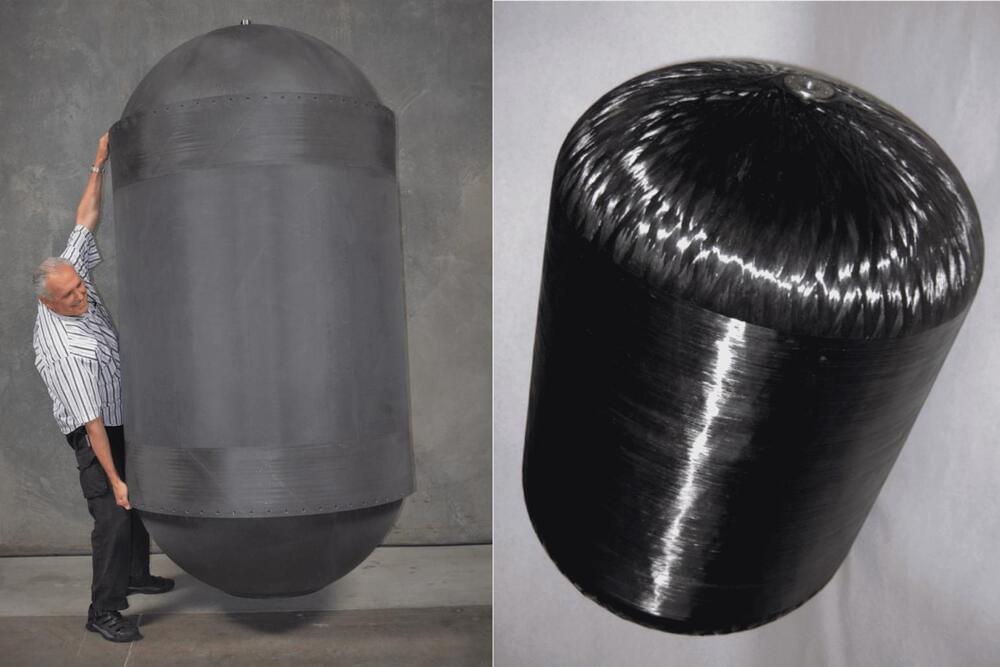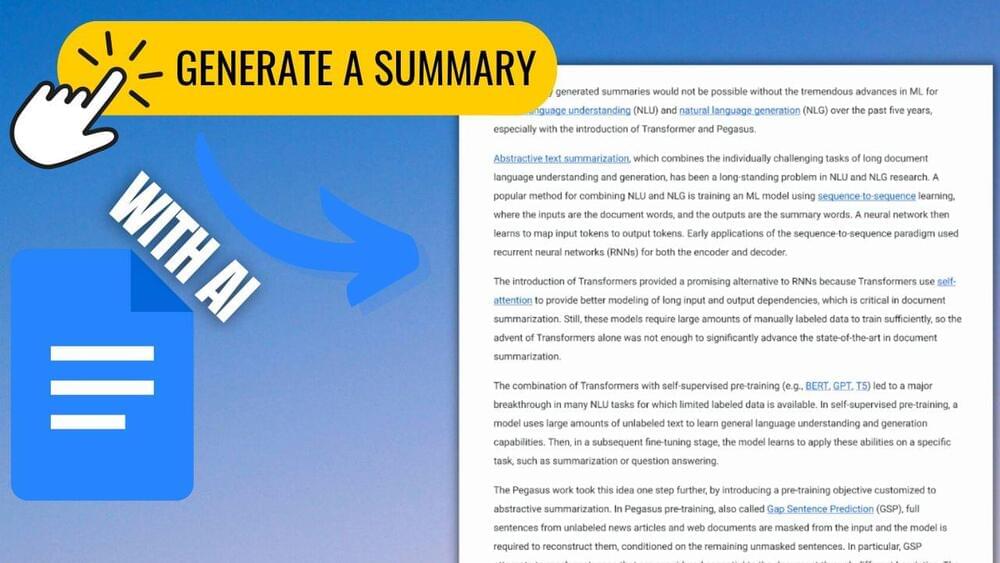May 18, 2022
The Metaverse has the power to improve healthcare, and it has already begun
Posted by Quinn Sena in categories: augmented reality, biotech/medical, entertainment
It doesn’t have to be all fun and games in the Metaverse, especially when its best use cases are the ones that need a different reality the most. Thanks to a few companies that have large marketing machines, the word “Metaverse” has become muddled in hype and controversy. While the current use of the coined word might be new to our ears, the technologies that empower it have been around for quite some time now. And they aren’t always used for games or entertainment, even if that is what everyone thinks these days. In fact, one of the most frequent early adopters of these technologies come from the medical field, which continuously tests new equipment, theories, and digital experiences to help improve lives. So while mainstream media, carmakers, and social networks continue to shine the light on new ways to experience different worlds, the Metaverse, its concepts, and its applications are already sneaking their way into medical and scientific institutions, ready to take healthcare to the next, augmented reality level.


















